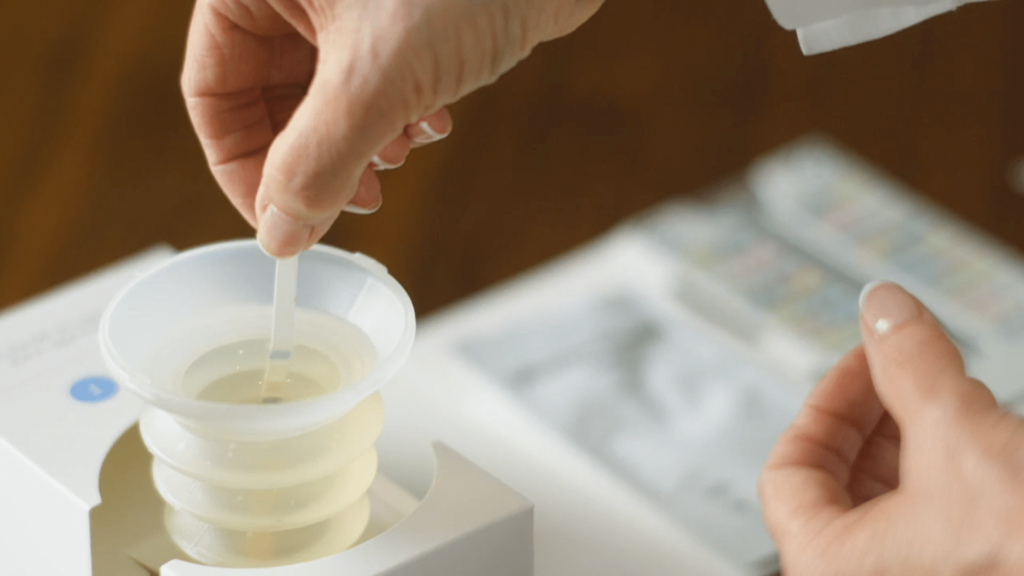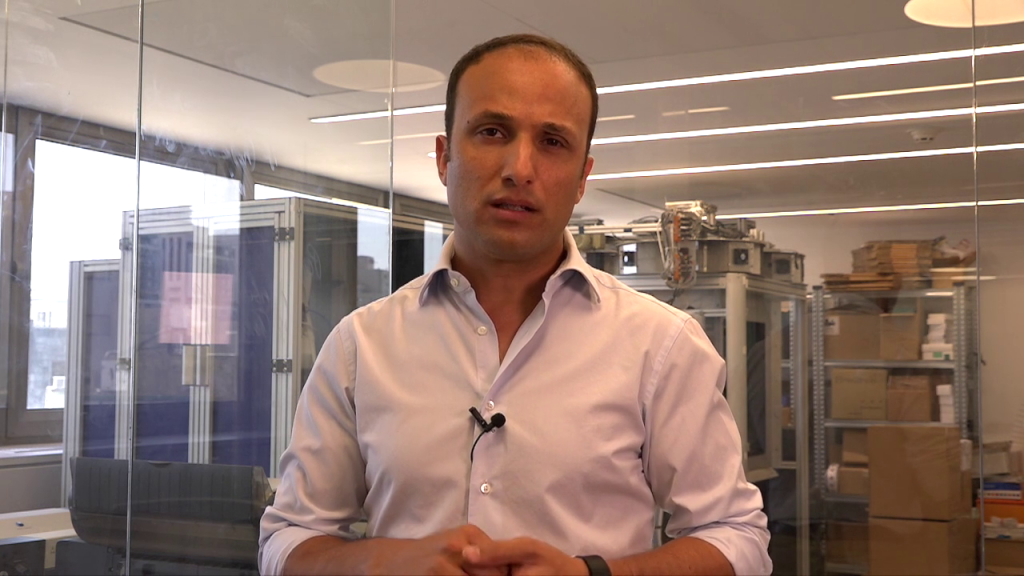This September, in honor of Hispanic Heritage Month and in recognition of the burden of chronic kidney disease (CKD) in Black and Latino populations, we collaborated with the National Kidney Foundation to host a screening event at major congressional leadership conferences in Washington D.C. The conferences attracted lawmakers, public policy advocates and business leaders, all of whom have a role to play in promoting kidney health equity.
Our Minuteful Kidney test was offered to test attendees at risk of CKD at the Congressional Hispanic Caucus Institute’s Leadership Conference Exhibitor Showcase, as well as the Congressional Black Caucus Foundation Annual Legislative Conference Exhibitor Showcase. This work was a part of the NKF’s KIDNEY EQUITY FOR ALL™ initiative, a program that aims to address disparities in kidney health by urging industry and community leaders to allocate resources to improve healthcare access and outcomes in communities of color.
Black and Hispanic populations suffer from the most significant kidney disease burden and the highest rates of mortality from CKD. Compounding this, they are exposed to inequities in kidney care, from lack of testing to difficulty receiving transplants.
The early identification of reversible markers of disease progression is a key component of managing CKD. Now, At-home clinical-grade urine albumin-to-creatinine ratio (ACR) testing allows us to test for kidney damage among the at-risk populations. This critical test can help enable them to get proper treatment. With Minuteful Kidney, the persistent low adherence to testing in all communities can be significantly mitigated. Unfortunately today, 90% of people with CKD are unaware they have it.
It was inspiring to hear throughout the different sessions patients detail their battle with kidney disease, and see the day-to-day work of experts and physicians who are engaged in to help reduce kidney health equity gaps. It’s encouraging to see thought leaders, policymakers, and companies working together to curb CKD. In order to make real progress in kidney care for the Black and Hispanic communities, we must continue to focus on early identification and access to care among the underserved and at-risk populations.






